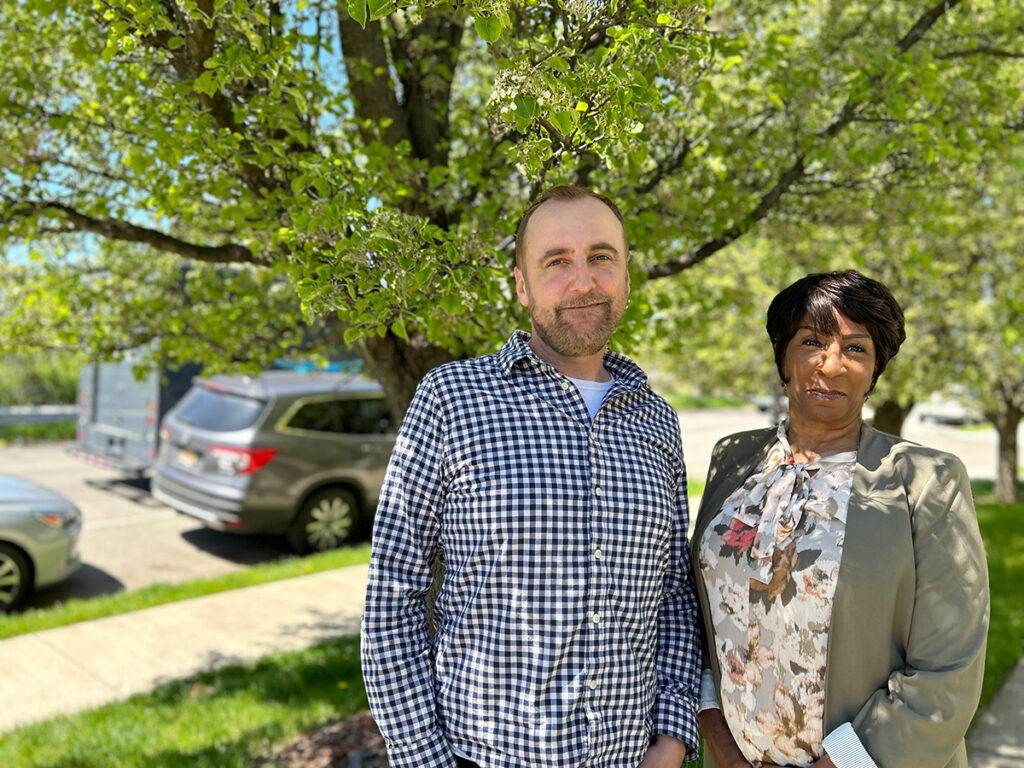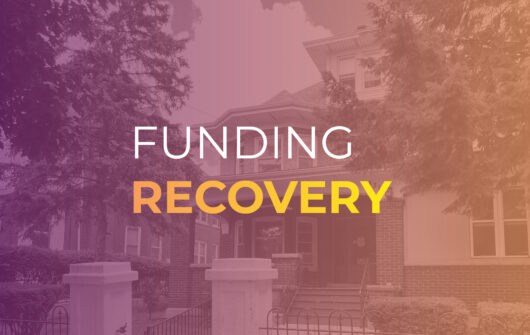MEDICATION REDUCTION
Posted on: May 10, 2024

In our latest newsletter, we will delve into our innovative Medication Reduction Program – a cornerstone of our commitment to enhancing the well-being of our residents through informed pharmaceutical choices and comprehensive medical support. At Caz, we are pioneering a shift in how medications are utilized within our community, focusing on reducing unnecessary prescriptions and our residents’ reliance on over-the-counter medications. Our aim is to equip residents with knowledge about their medication regimens, enhance their understanding, and continue to involve them in their treatment. This initiative seeks to cultivate healthier and more informed interactions between residents and staff regarding medication use. As Ed Cichon, Vice President of Advocacy, Communications, and DEI explained, “Our medication reduction campaign is about more than just cutting down on pills. It’s about changing lives by changing our approach.”
Polypharmacy: Less is Best
Jason Law, LPN at Caz Manor, is on the front lines of addressing these challenges. “In our environment, where recovery and health are priorities, the goal is to minimize the use of unnecessary medications, particularly those prescribed off-label or for overlapping symptoms,” Jason explains. This includes a wide array of medications such as nicotine replacements and antihistamines often used for anxiety—medications that may not always be necessary and can sometimes cause more harm than good.
Healthcare professionals use the term “polypharmacy” to describe when someone is on multiple medications. Caz Recovery sees this regularly since residents often admit to our programs with a long list of prescriptions. The problem of polypharmacy is not just in the number of pills ingested but in the unintended consequences these medications can have over time. For instance, antipsychotics are commonly prescribed for sleep without a corresponding diagnosis of psychosis. This can lead to serious long-term effects like tardive dyskinesia, a condition marked by involuntary, repetitive body movements. “We’re trying to focus on teaching our residents about the implications of their medications and alternatives,” said Jason.

Jason Law, LPN and Debra Connon, Program Manager – Caz Manor
Implementing Lifestyle Changes
Education plays a pivotal role in our medication reduction program. We strive to educate our residents about how various factors such as diet, exercise, and personal habits like caffeine consumption can influence their sleep patterns and overall health. Debra Cannon, Program Manager at Caz Manor, emphasizes the importance of this approach: “By educating our residents on healthy lifestyles and the real effects of their medications, we empower them to make informed decisions that can lead to reduced reliance on pharmaceuticals.” Jason further highlights the significance of addressing these issues head-on in therapeutic settings: “We need to focus on holistic healing—looking at the person’s entire lifestyle and history, not just their symptoms. It’s about helping them rediscover themselves without the crutch of unnecessary medications.”
With our medication reduction initiative, we address the underlying issues that lead to polypharmacy, helping residents understand the interactions between their medications and the potential long-term risks involved. This education helps mitigate “prescription cascade” — a common phenomenon where medications are prescribed to treat side effects of other drugs, leading to a cycle of dependency and increased risk of adverse effects.
Moving Forward with Mindful Medication Practices
Debra also spoke about the success stories of residents who have reduced their medication load through our program and how they are a testament to the effectiveness of this approach. According to Debra, “Residents often report not only feeling better physically but also experiencing a greater sense of clarity and well-being after reducing their medications under our guided care.”
Our commitment to minimizing medication dependency at Caz remains steadfast. We are continuing to develop our strategies while educating our staff and residents. Our objective is to provide each resident with the most suitable care, with an emphasis on their long-term health and recovery. At Caz, we are establishing new benchmarks in substance use treatment, demonstrating that a less-is-more approach to medication can be highly effective in a therapeutic environment.
Other Recent Posts
Your donation can save a life!
In the grip of the opioid epidemic, you can make a difference. Any amount helps.





